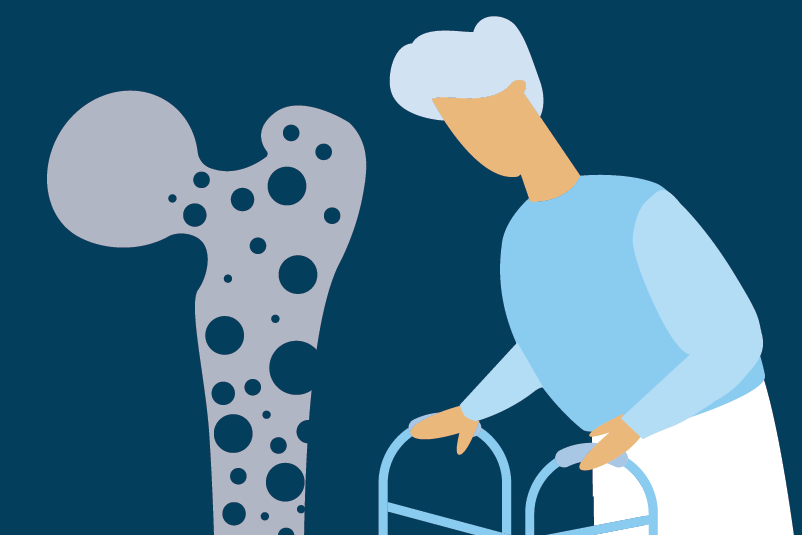#90 Statin-Induced Diabetes: Too Sweet a Deal?

Reading Tools for Practice Article can earn you MainPro+ Credits
Join NowAlready a CFPCLearn Member? Log in
- Meta-analysis1 of 13 randomized controlled trials (RCTs) with 91,140 patients with, or at high risk for, cardiovascular disease:
- New diabetes over 4 years: Statins 4.9%, control 4.5%, number needed to harm (NNH)=250.
- Similar results in meta-analysis of 15 RCTs (91,828 patients):2 odds ratio 1.11 (95% confidence interval 1.03-1.20).
- Meta-analysis3 of 5 RCTs with 32,752 patients with cardiovascular disease:
- New diabetes over 5 years: High-dose 8.8%, low/moderate-dose 8%, NNH=125.
- Diagnosis of type 2 diabetes is largely based on crossing an arbitrary laboratory threshold, like fasting plasma glucose (FPG) >7.0 mmol/L:9
- Baseline FPG 6.0-6.9 mmol/L is a risk factor for developing diabetes with statins10
- In an observational study, FPG increased by 0.1 mmol/L at 2 years in non-diabetics taking statins11
- Thus, the increase in diabetes diagnoses in statin users is mostly from patients with borderline glucose levels crossing the diagnostic cutoff.
- Genetic studies showed that having mutations that impair HMG-CoA reductase activity is associated with greater FPG and higher incidence of type 2 diabetes2
- Confirms that risk of diabetes with statins tied to their LDL-lowering potency.
- Despite the increase in blood glucose, statins reduce important clinical outcomes including mortality in patients with an appropriate indication:5,12
- In the Heart Protection Study:12 for every 1 person newly diagnosed with diabetes due to statin use over 5 years, statins prevented 5 deaths, 6 non-fatal myocardial infarctions and 4 strokes.
- Thiazides and beta-blockers also increase the risk of diabetes versus placebo or other antihypertensives14
- Both classes15,16 provide net benefit in appropriate patients.






